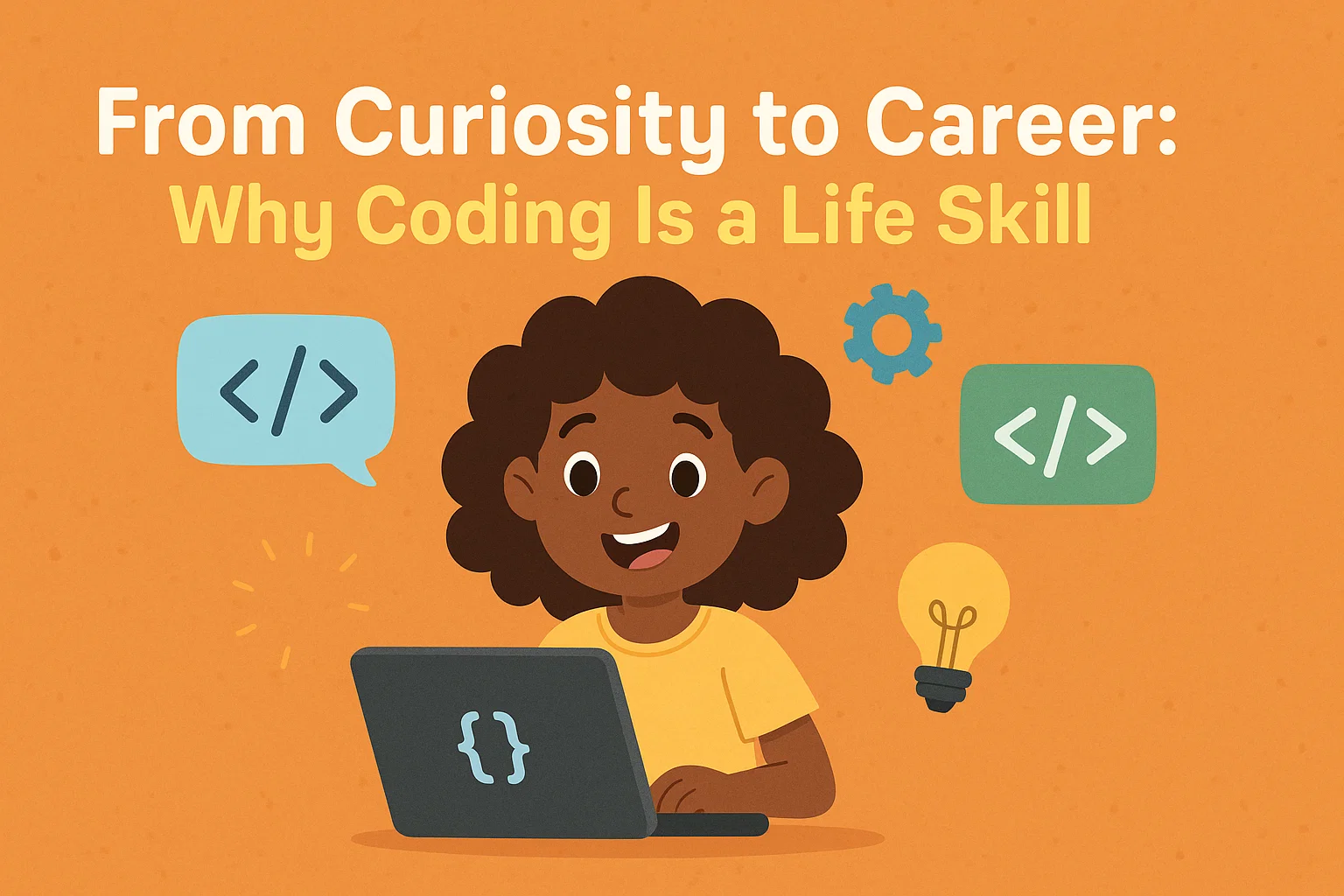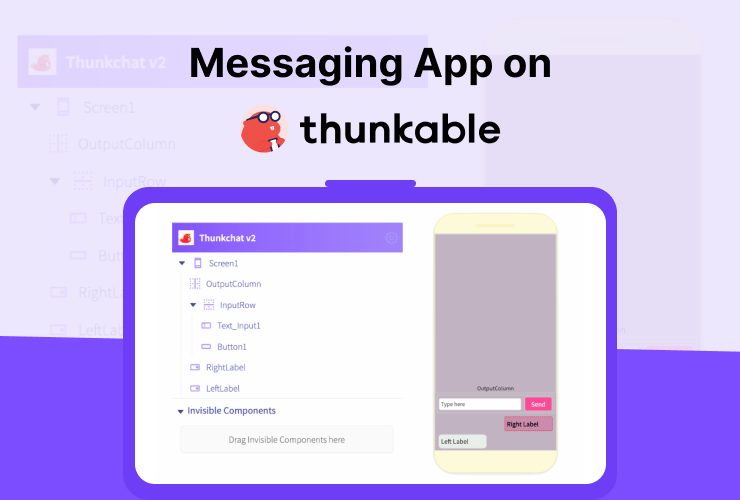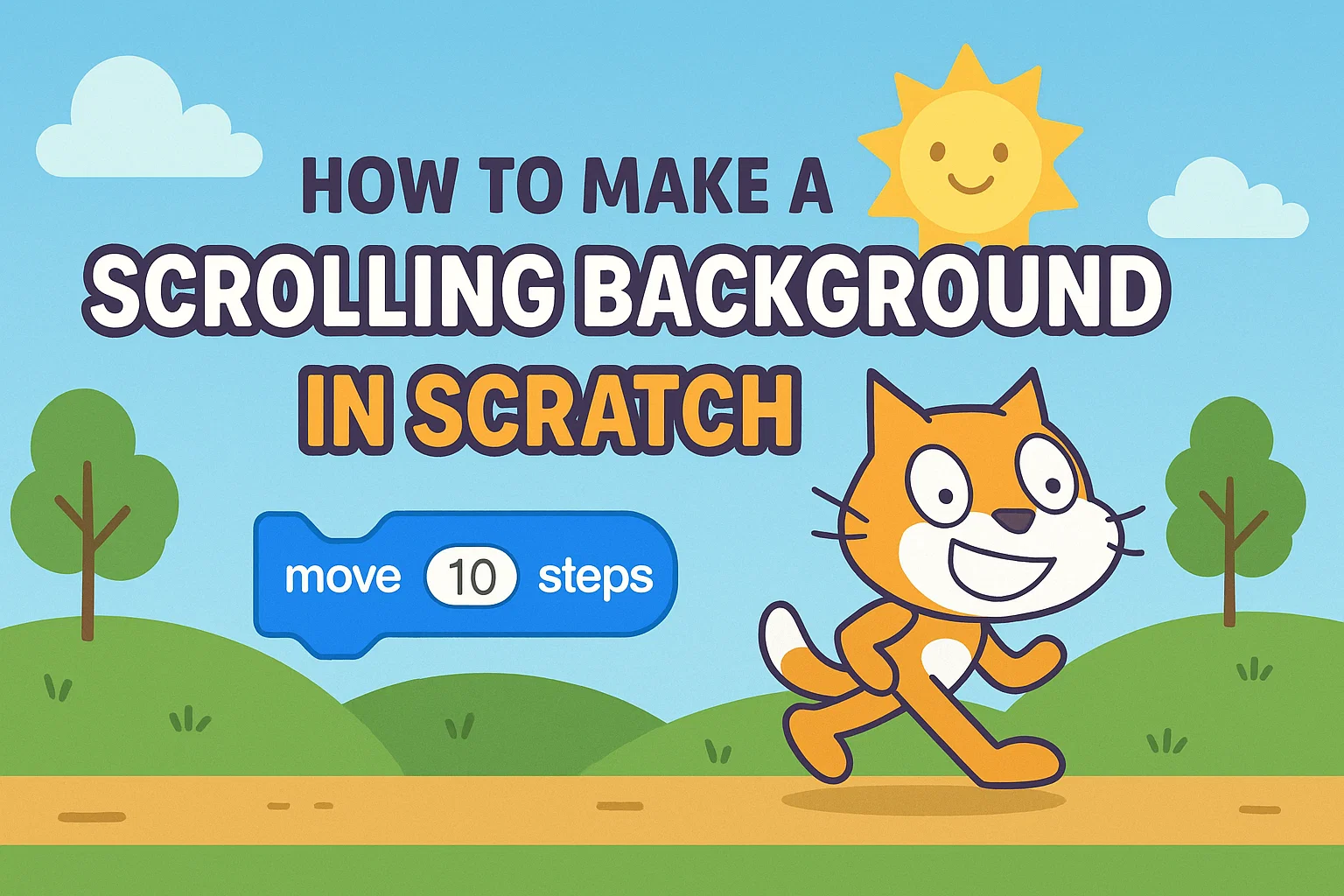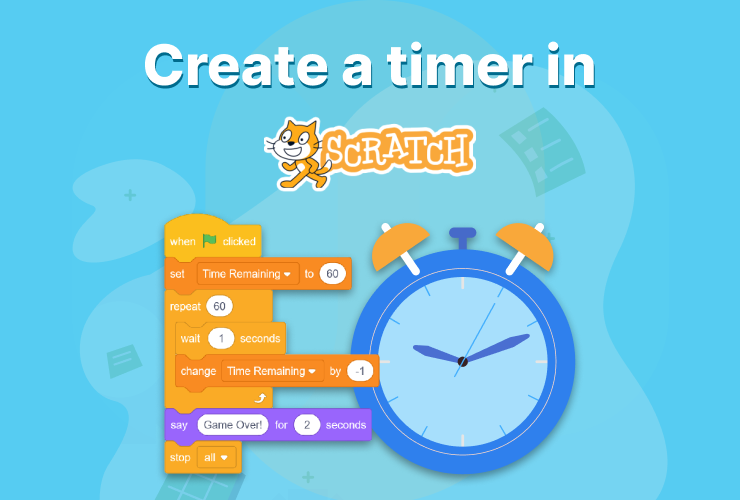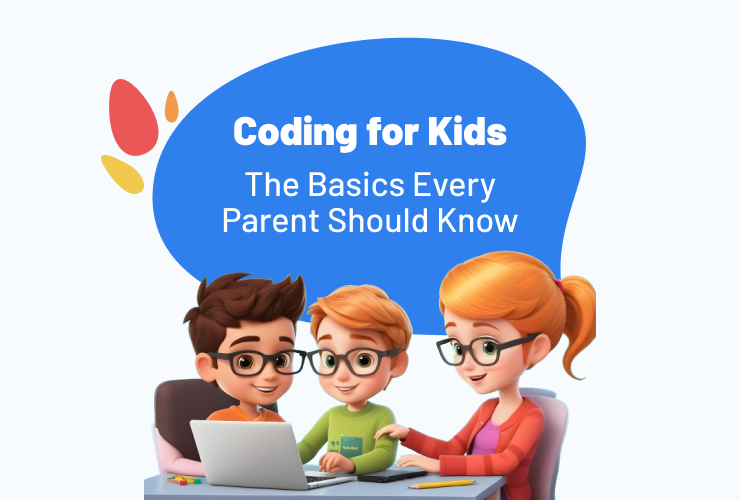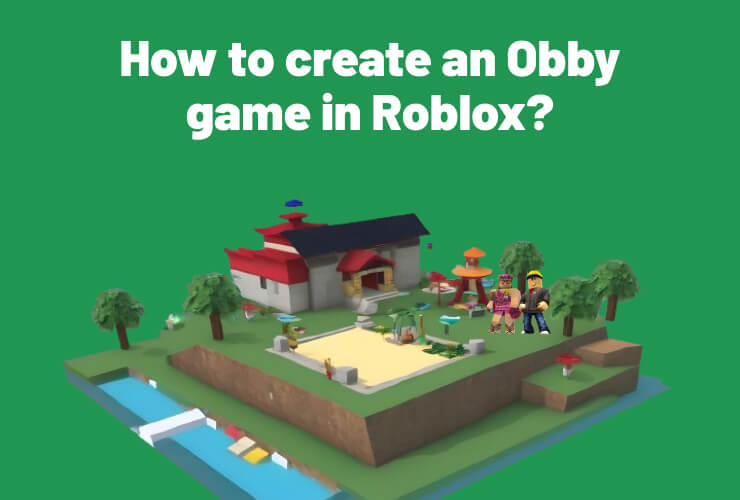Introduction: Turning Curiosity into Capability
Every innovation begins with curiosity, by asking a question, a spark, a “what if?” moment.
For many children, that spark might be wondering how video games respond to every move, how a robot knows where to go, or how an app seems to “think” on its own.
That’s where coding comes in — not as a subject, but as a super skill for life.
In today’s digital-first world, coding has evolved beyond computers and classrooms. It has become a universal language of problem-solving, creativity, and innovation with one that helps children turn curiosity into career-ready skills.
Let’s explore why coding isn’t just for future engineers or scientists, but for every child who dreams, questions, and creates.
1. Coding Builds Strong Problem-Solving and Analytical Skills
Coding teaches children how to think — not what to think.
When faced with a problem, coders learn to:
- Break it down into smaller, manageable parts.
- Analyze the issue logically.
- Design and test solutions iteratively until they work.
This method of “computational thinking” builds structured reasoning, which helps students in academics, decision-making, and even daily life.
For example, debugging a faulty game code helps a child develop patience, attention to detail, and resilience — qualities that shape independent, analytical thinkers.
2. Coding Encourages Creativity and Imagination
Coding is an art form hidden inside logic. It allows children to turn ideas into reality — to create animations, design games, and build apps that reflect their imagination. When a child programs a character to jump, dance, or speak, they’re not just typing code, they’re expressing creativity through technology. Every small success builds confidence and pride in their creations, motivating them to explore new possibilities.
Coding platforms like Scratch, Roblox, and Minecraft Education Edition make this creativity tangible. Children can visualize their ideas, experiment freely, and bring their unique worlds to life — all while learning the logic behind it.
3. Coding Improves Logical Thinking and Academic Performance
Coding strengthens a child’s ability to see patterns, sequences, and relationships, and the same skills required in math, science, and even language learning.
When children learn how to loop commands or use conditional statements (“if–then” logic), they develop a deeper understanding of how systems work.
This logical reasoning improves not only their coding skills but also their overall academic performance.
A child who codes learns how to analyze problems in a step-by-step manner is a skill that makes subjects like algebra, geometry, and science far easier to grasp.
People also read: Scratch vs Other Coding Platforms: The Ultimate Beginner’s Guide
4. Coding Fosters Collaboration and Communication
Contrary to popular belief, coding isn’t a solitary activity.
Modern coding involves teamwork, brainstorming, and shared learning.
When students collaborate on projects, say, designing a multiplayer game or building an app — they learn how to communicate ideas clearly, divide responsibilities, and give constructive feedback.
These are the same skills that help them thrive in group settings, leadership roles, and professional careers later in life.
Moreover, when kids explain their code to peers or teachers, they refine their presentation and storytelling skills — making them better communicators and confident thinkers.
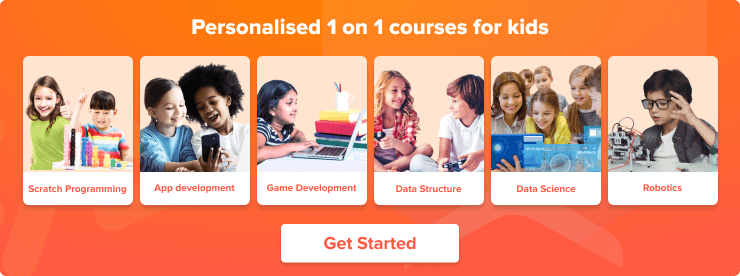
5. Coding Builds Perseverance and a Growth Mindset
Every coder, beginner or expert, encounters bugs and errors.
But each error is a lesson — teaching children that failure is not final, but a step toward success.
By learning to debug and try again, children develop grit, resilience, and adaptability.
This “growth mindset” — the belief that intelligence and skills can be developed through effort — becomes a cornerstone for lifelong learning.
In a world where technology and industries evolve rapidly, this mindset will empower them to stay curious, keep learning, and never fear change.
6. Coding Opens Doors to Endless Career Opportunities
From AI to aerospace, and from digital art to healthcare — coding powers innovation everywhere.
According to global studies, over 85% of jobs in the next decade will require digital skills. Even professions like medicine, architecture, and law now rely on technology-driven systems built by coders.
By starting early, children gain an advantage — they learn not only how to use technology but how to create it.
Coding helps them explore multiple career paths:
- Game Developers who design immersive virtual worlds.
- Data Scientists who analyze patterns to drive innovation.
- AI Engineers who teach machines to think.
- App Developers who create tools that change lives.
Whether your child chooses to pursue technology or not, coding will remain a core life skill that boosts their confidence and employability in any field.
7. Coding Promotes Digital Literacy and Responsible Use of Technology
We live in a world surrounded by smart devices, algorithms, and apps. Understanding how these systems work is vital to being a responsible digital citizen. Coding empowers children to look beyond the screen — to understand that every app, robot, or AI tool follows a set of instructions written by humans. This awareness encourages them to use technology mindfully, protecting their privacy, data, and digital footprint. By learning to code, children don’t just learn technology — they learn to question it, improve it, and use it for good.
8. Coding Is the New Literacy
In the 20th century, literacy meant being able to read and write.
In the 21st century, it means understanding how technology works — and coding is the key.
It’s the language of innovation, spoken by entrepreneurs, scientists, artists, and leaders across the world.
Coding bridges the gap between imagination and implementation and turning “what if” into “what’s next.”
Teaching kids to code is like giving them a new superpower — the ability to shape the digital world they live in.
9. Coding Nurtures Entrepreneurial Thinking
Beyond creating apps or websites, coding teaches kids how to identify problems, design solutions, and bring ideas to life is the essence of entrepreneurship.
Children who code learn early how to:
- Think innovatively.
- Test prototypes.
- Collect feedback and improve.
This mindset transforms them into independent thinkers and problem-solvers ready to innovate in any domain.
10. Coding Transforms Curiosity into Career Readiness
When kids start young, they gain years of exposure to critical thinking, design logic, and digital creativity.
By the time they reach higher education or the workforce, they already possess the skills of the future — adaptability, critical thinking, collaboration, and technological fluency.
In essence, coding is not just a career pathway — it’s a life skill that shapes who they become: creators, innovators, and global citizens.
How Codingal Turns Curiosity into Career Confidence
At Codingal, we believe that every child is born curious — and with the right guidance, that curiosity can grow into lifelong confidence and capability.
Our live, human-led online coding classes are designed to nurture creativity, logical thinking, and innovation in students aged 5–17.
Each course, from Scratch and Python to AI, App Development, and Data Science have follows a hands-on, project-based learning approach that keeps students excited and engaged.
Here’s how we make coding a life-changing experience:
- 🎓 STEM.org accredited curriculum trusted globally.
- 💡 1:1 personalized teaching by expert computer science educators.
- 🧩 Fun, real-world projects that blend creativity with logic.
- 🚀 Certificates & progress reports to celebrate every milestone.
- 🌍 Students from 70+ countries learning, collaborating, and building together.
At Codingal, we don’t just teach coding — we ignite passion, build confidence, and shape the innovators of tomorrow.
🌟 Start your child’s journey from curiosity to career today.
Book a free live coding class at Codingal.com and watch them fall in love with learning.
Conclusion: The Lifelong Power of Code
Coding teaches more than technology, it teaches how to think, how to create, and how to grow.
It’s a skill that empowers children to navigate an uncertain future with confidence, compassion, and curiosity.
From building their first game to launching their first app, each keystroke is a step toward something greater, a world where they’re not just users of technology, but creators of change.
Coding is not just a career skill, it’s a life skill. And every great career begins with curiosity.
